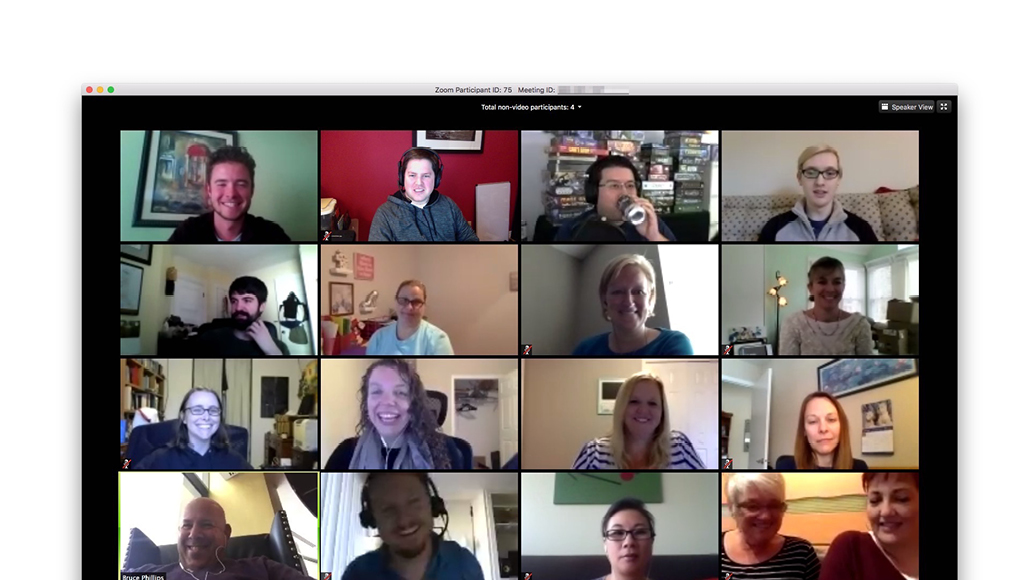What the Foodora Case Means for Contractors Vs Employees

The three workers were allegedly asked to sign a contract entitled “Independent Contractor Agreement” when they started work, implying they were contractors - filling in their ABN number and agreeing to a non-negotiable fixed hourly rate and/or amount per delivery made. However, because of the level of control, supervision and direction Foodora had over the nature of their work, it was decreed the workers were actually classified as employees. Wearing Foodara branded T-shirts and using branded food storage boxes and bike racks it is not hard to see why. The workers were not genuinely conducting their own delivery businesses: they weren’t advertising or promoting their service to the public, were not able to negotiate their rates of pay, nor were they able to delegate their delivery duties with Foodora to any other person or have their own business premises or insurances. The company made no superannuation contributions and the Ombudsman’s investigation allegedly found the employees had been underpaid their minimum lawful wage rates, casual loading and penalty rates for night time, weekend and public holiday work.
When does a Contractor become an Employee?
This raises important questions about how the Gig Economy can fix its poor reputation when it comes to fair work - and it seems that with the emergence of new business models that use smartphone-driven technology as a means for deploying a roaming workforce helping to bring supply together with demand – the parameters must be all the more clearly defined. Fair work Ombudsman Natalie James says that the Foodora case and others like it “will be an opportunity for the court to consider these cases in today's economy and how they should be properly categorised”. There is a widely held belief that the benefit of freedom and flexibility of work comes at the cost of reduced and unpredictable pay, little or no job security and limited long term benefits. A study of over 200 Giggers or Gig Economy freelancers from well-known marketplaces such as Airbnb, Etsy, Fiverr, Contently, iStock, and 99designs earlier this year revealed that 73% of gig workers would leave a marketplace due to payment issues.
How to Ensure Compliance for Casual or Freelance Workers
Keeping up to date with the continually changing Fair Work Legislations can be difficult and time consuming. The most recent updates will be taking effect as of January 2019 and will be introducing the new concept of a “Regular Casual Employee” – an employee under most modern awards who can request to convert their employment to full time. It may be more productive for agile businesses today to outsource the research and regulatory matters so that they can continue working on their own growth and outputs without being bogged down with reams of government legislation.
The Solution
Weploy's community of 'Weployees', are fully compliant as we employ our contingent staff and play them the correct, current award-based rate per hour, including superannuation. Employers pay a flat hourly fee, submitted by a credit card payment or invoice from us, which includes payment to the Weployee, payroll tax, WorkCover and a flat service fee. This enables you the freedom to scale up or down as and when you need, without worrying about having to read up on changes to Fair Work legislation and endlessly redraft internal onboarding documentation. The future of work is contingent – and the future is now, with 50% of US workers estimated to be Freelance by 2020. Weploy is the smartest way to get your business on board today.

A Gartner survey reveals 88% of organisations have encouraged or required employees to work from home due to Coronavirus, enforcing a global ‘Work from Home experiment’ which none of us saw coming and nobody had planned for.

This year has been one of large-scale change. The events of 2020 have served up a shock reminder to us all that the only thing that’s certain about the future, is UNcertainty.

We live in a world where digital technology is second nature. Options include remote car starters from your phone, doorbell cameras to alert you of your neighbourhood moves, and even virtual doctor visits. These options are easy, quick, and come with the click of a button. But when there is a question or concern, what do we do as consumers? The same digital access that grants us 2-day shipping and zero human interaction may lack the answers a customer needs when a problem arises. So the question at hand is, when it comes to customer service, is human interaction really best?
Streamline your hiring
Business support staff with no hidden fees. Start hiring anytime.